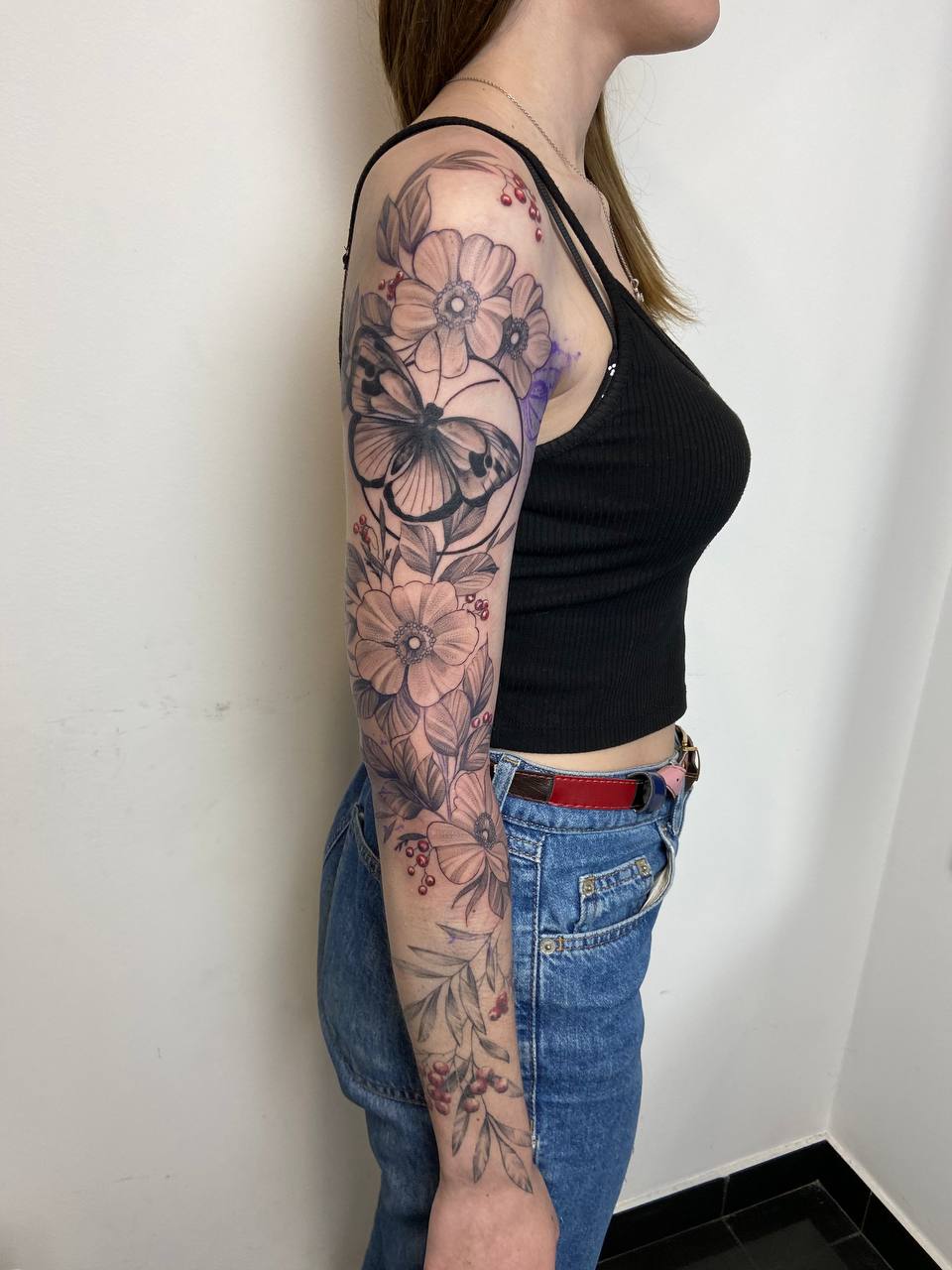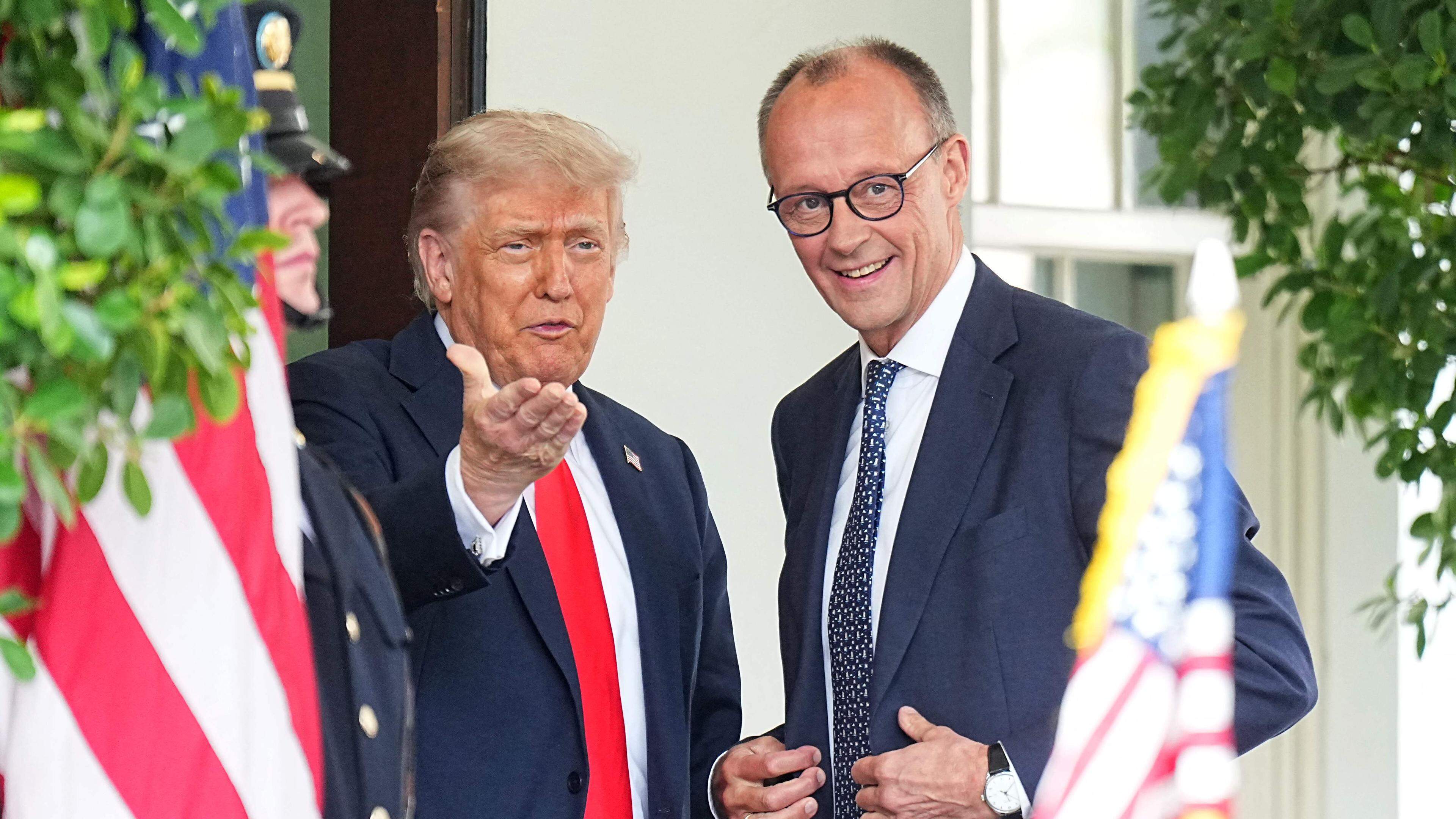Podimo wants to be the platform for podcasts: 'We focus entirely on local content'
/s3/static.nrc.nl/images/gn4/stripped/data128619058-03208d.jpg)
Barely five years after his launch, the Danish media company Podimo has reached an important milestone: 1 million paying listeners. It underlines the rapid international growth of the company, which in addition to Denmark also offers podcasts and audio books in Germany, the Netherlands, Norway, Finland, Spain and Mexico. According to director Morten Strunge, reaching 1 million paying listeners proves the power of Podimos local approach. « By investing in local content and in the relationship with local makers we create a unique platform, » he says in an interview with NRC.
The Netherlands plays an important role in Podimo's growth strategy. In recent years, the company took over the Dutch podcast companies day and night media and Tonny Media, making it a major player on the Dutch market (exactly how much listeners they have in the Netherlands does not say Strunge does not say). They offer podcasts from popular makers as presenter Jort Kelder (The snobcast), Columnist Sander Schimmelpenninck (The self -podcast), Influencer Monica Geuze (Geuze and Gorgels), and the media and tech duo Alexander Klöpping and Ernst-Jan Pfauth (Pom).
These types of podcasts, which largely revolve around the personality of the makers, are indispensable for podimos growth, says Strunge (38) via a video connection from the head office in Copenhagen. « Makers who have already built up a name and an audience on social media are an important engine for our growth. If they launch a show, they bring many new listeners to our platform. But you do need a stable range of high quality content, otherwise you won't keep those listeners. Our growth glory wheel is therefore highly creative. «
But how do you persuade people to pay if there are so many podcasts to be heard for free? Makers often lose listeners when their content disappears behind a payment wall. Strunge sees that too. That is why Podimo has developed a model to gradually conduct listeners towards a subscription. « We saw that this worked well in the Netherlands with the content of day and night media and Tonny Media. We made sure that it was widely available on global platforms such as Spotify, Apple, and YouTube, so that it was easier to find and build an audience before we seduce them into a subscription. ”
You are proud of Podimo's local approach. What exactly does it contain?
« People prefer to listen to podcasts in their own language. This is not due to a lack of English -language content. On the contrary, it is within reach. But many people prefer to listen to podcasts in their own language. On the one hand, more topics are discussed that are relevant to them. But it is also a more intimate listening experience. So we focus entirely on local content. «
« In this way we can also distinguish ourselves from platforms such as Spotify and Apple, which also offer (free) podcasts and have a global reach. But they are much further away from the podcast makers, while we have a studio in every market and collaborate with local makers. We talk to them, we make content together, and we edit and market it too. We have a full package of services at the local level. «
« Podimo cannot benefit from English -language content that is deducted in all markets. But we do see more and more that translated content also catches on in other countries. Scripted content, such as Danish true crime For example, we can translate podcasts one on one. Another way to cross the border is by developing successful formats that we can copy in other countries. As Endemol did with the format of the TV program Big Brother. So there are certainly opportunities for scaling up. But part of our content will only be available in Denmark or in the Netherlands. «
To extend from Denmark to other Scandinavian countries, the Netherlands and Germany sounds logical. But why did you choose Spain and Latin America?
« Our expansion to Spain was very driven by opportunities on the market. Because the consumption of podcasts has exploded in Spain in recent years. In Mexico the number of people who listen to Podcasts is even higher (36 million in 2024). The willingness to pay is clearly lower in Spain and Mexico compared to Northern European markets, but that is the size of the public. With Spanish-speaking content you can in principle reach a large part of Latin America. ”
« From Spain it was logical to go to Mexico because of the economies of scale with regard to content, distribution, partnership, and media agreements. We work in Spain together with media company Grupo Prisa, which is also active in Latin America. We are already seeing that 40 percent of our new subscribers live in Mexico. In the longer term, this may also offer opportunities to get a foothold in the US. «
Podimo works together with a large media company in Spain. What exactly does that partnership look like? And what about collaborations in other countries?
“Grupo Prisa owns the national newspaper El Pais and El Pais Audio, the largest radio station, and one of the largest podcasts and owners of intellectual property in Spain. Together we produce content, and we bundle our products. If you take out a subscription El Paisyou also get access to Podimo at a reduced price. And you can go to the podcasts of El Pais Listening without advertisements. So it is a partnership with multiple layers that we hope to copy elsewhere. «
« In Denmark we work together with TV2, the largest TV network, with which we produce a daily news format and other shows together. Also on the Dutch market we see opportunities in collaboration with media companies that are already making journalistic content and thereby reaching a large audience. That is important for us because we want to produce content with the same frequency as other media. On the other hand, Podimo helps media companies to spread their journalistic content among a larger audience and to ensure that they can also earn money from it. ”
Do we also have to see the acquisition of the Dutch Tonny Media, founded by Sander Schimmelpenninck, also in this light?
« Tonny Media has a great team that has achieved a lot in a short time. And the company fits well with the other Podimo production studios. Some are more focused on documentaries. Tonny Media mainly makes podcasts that revolve around the maker's personality. You can compare us to a record label such as Universal Music, where sublabels hang underneath on various types of music. We want to be a home for all makers, that's why we have different podcast studios. «
« Because of the acquisition of day and night media and Tonny Media, we have a larger scale, making it more attractive for advertisers to work with us. We think this is the biggest hurdle that we have to take as a modern media company. If we want to compete with radio and television, we need a large reach. If it becomes easier to distribute significant advertising budgets, then we are a more attractive partner for advertisers and advertising agencies. ”
How does the advertising market for podcasts actually like?
« The advertising market for podcasts is currently growing rapidly. In the Netherlands we earn about the same number of advertisements as to subscriptions. Our expectation is that the growth on both fronts will continue in the coming period. Advertising income has a lot to do with scale. And we see that advertisers are starting to give more priority to medium -sized media companies. So there is still a lot of growth to be achieved. With our model we show that we can grow both our income from subscriptions and our advertising income. As a result, we ensure a healthy ecosystem that ultimately benefits the entire sector. »

:format(webp)/s3/static.nrc.nl/images/gn4/stripped/data133172100-71d860.jpg)
/s3/static.nrc.nl/wp-content/uploads/2025/06/05202057/data133276626-c661f0.jpg)
:format(webp)/s3/static.nrc.nl/wp-content/uploads/2025/05/20145430/data132556290-a10486.jpg)


